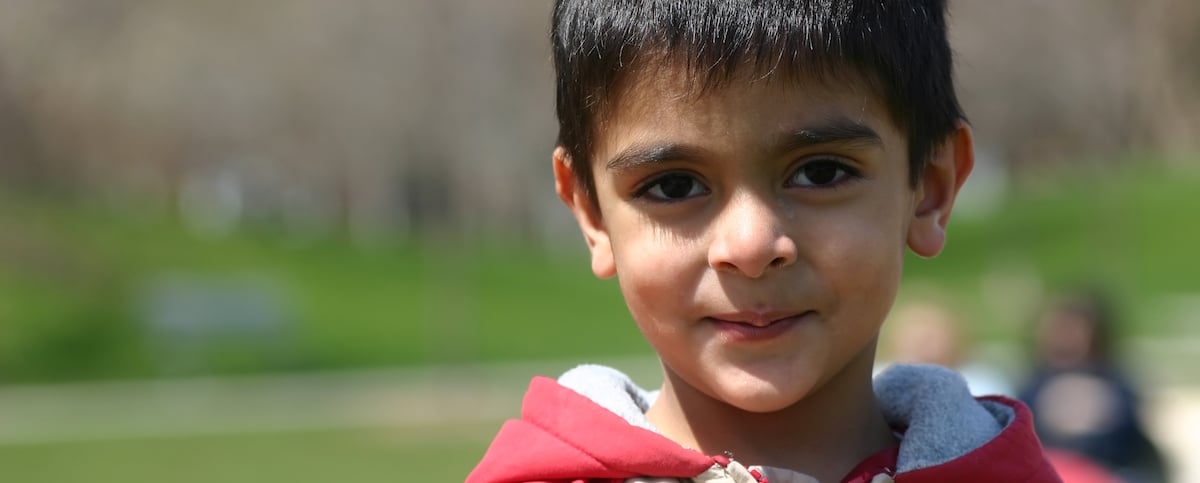
Transitioning from Early Childhood Special Education (ECSE) to Kindergarten: Tips for Parents of Children with Challenging Behaviors
When your preschooler transitions from their early childhood special education (ECSE) setting to kindergarten, it can be a very exciting time. Attending elementary school signals that your child has reached an educational milestone and can look forward to new adventures and opportunities. For parents of children with challenging behaviors, it can also be a stressful time as changes may lead to unwanted behaviors. Parents can help make this milestone easier for their child by knowing what to expect from the school and how to prepare their child for a positive transition.
Some Tips When Preparing for Transition Team Meetings
Prepare for and participate in the ECSE transition to kindergarten IEP team meetings by:
- Making a list of your child’s strengths and challenges. In the IEP meeting, mention strategies that are successful when working with your child.
- Offering insights and information about the behavioral challenges your child is experiencing. A parent is the most informed person about the child and knows him or her best.
- Organizing your child’s records. Decide what other information might be useful in educational planning. Make sure the information is up to date. PACER Center has developed a mental health folder to help you identify what kinds of information might be useful to share. Contact PACER at (952) 838-9000 for more information.
- Understanding that your child’s mental health medical records are confidential, but there may be useful information in those records for educational planning. You may want to share some of that information with the team when writing the IEP.
- Maintaining a positive relationship with team members and approaching team meetings and decisions in a collaborative effort.
Other Questions You May Want to Consider
Here are some questions you might want to ask as you move through this transition to kindergarten for your child with challenging behaviors:- How can I be sure that the successful supports and strategies for decreasing problem behaviors currently being used in early childhood special education will continue to be implemented in kindergarten? If my child has a Behavior Intervention Plan (BIP), does it need to be updated to reflect the kindergarten environment?
- How will the new school staff help my child continue to develop and learn in a kindergarten setting? What supports and services will my child need in order to successfully participate in kindergarten given their behavioral challenges?
- Who will inform other teachers and staff about my child’s behavioral needs and supports? If my child has a Behavior Intervention Plan (BIP), who will be responsible for training staff on how to implement it?
- Does the IEP team have ideas for developing academic goals and objectives for a child with challenging behavior? Children may lose important instructional time when their behavior gets in the way of learning.
- What tips can I share with the school staff to help my child make a positive transition to a new school setting?
- Does the team have tips that I can use at home to help my child prepare for this transition?
- Can I tour the school and classroom with my child before school starts in the fall? Children with challenging behaviors often need more time to adjust to changes in their environment and need to know what to expect.
- Are there other programs in the community that could help my child improve his or her social skills (for example, how to handle change, share with others, work in teams, and develop patience)?
Cultural Consideration Questions
- If my child’s first language is not English, who will help communicate his or her needs?
- Does the school have an interpreter to help me to communicate with the school office and staff?
As the parent of a young child with challenging behaviors, you are often the best source of information about your child. Your voice and ability to share your experience as the parent of your child will be very helpful as you and the IEP team plan a positive educational experience.
For more information and resources on challenging behaviors and special education, visit PACER.org/cmh.
